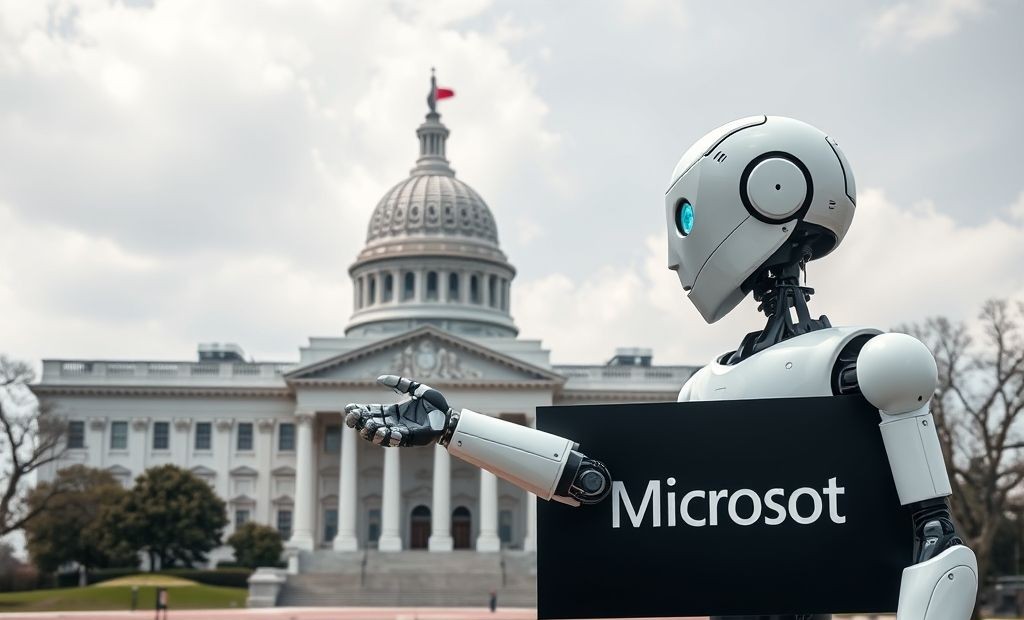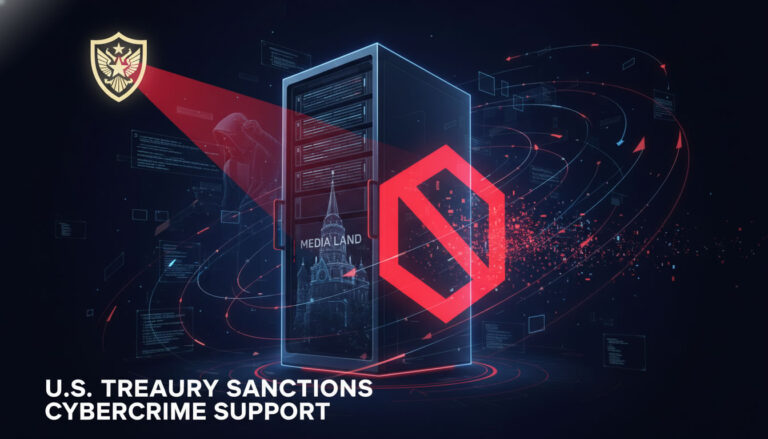OpenAI’s DoD Deal: Microsoft’s New Challenge?

OpenAI’s $200M DoD Contract: A Microsoft Squeeze? OpenAI’s recent $200 million contract with the Department of Defense (DoD) introduces an intriguing dynamic with its close...
⏱️ Estimated reading time: 2 min
Latest News
OpenAI’s $200M DoD Contract: A Microsoft Squeeze?
OpenAI’s recent $200 million contract with the Department of Defense (DoD) introduces an intriguing dynamic with its close partner, Microsoft. While they collaborate extensively, this deal could present some competitive challenges. Let’s delve into the implications of this contract and how it might affect the OpenAI-Microsoft relationship.
Understanding the DoD Contract
The specifics of OpenAI’s DoD contract remain somewhat under wraps, but the general understanding is that it involves leveraging AI for various defense-related applications. This could include anything from data analysis and cybersecurity to simulation and training. Contracts like this highlight the increasing role of AI in national security, mirroring initiatives such as the Department of Defense’s focus on technological advancement.
The OpenAI-Microsoft Partnership: A Symbiotic Relationship
Microsoft has invested billions into OpenAI, integrating its AI models like GPT into its products and services. This partnership allows Microsoft to offer cutting-edge AI solutions to its customers while providing OpenAI with the necessary resources to continue its research and development. The success of tools like Azure OpenAI Service shows how beneficial this synergy is.
Potential Conflicts of Interest
The DoD contract could create potential conflicts of interest. Microsoft also works closely with the DoD, providing cloud services and other technologies. If OpenAI’s work for the DoD competes directly with Microsoft’s offerings, it could strain the partnership. Here’s where the squeeze comes in:
- Resource Allocation: OpenAI might prioritize DoD-related projects, potentially diverting resources from Microsoft-related initiatives.
- Data Sharing: The DoD might require exclusive access to certain AI models or data, limiting Microsoft’s access.
- Competitive Overlap: OpenAI and Microsoft could find themselves bidding against each other for future DoD contracts.
Navigating the Complexities
Both OpenAI and Microsoft have strong incentives to maintain their partnership. They will likely work to navigate these potential conflicts by establishing clear boundaries and communication channels. This could involve defining specific areas of focus for each entity and ensuring that data and intellectual property are handled appropriately.
Future Implications
The OpenAI-DoD contract signifies a broader trend of AI companies working with government agencies. As AI becomes increasingly integrated into various sectors, these partnerships will become more common. Successfully managing the complexities of these relationships will be crucial for both the AI companies and the government entities involved.
Related Posts
Bluesky Enhances Moderation for Transparency, Better Tracking
Bluesky Updates Moderation Policies for Enhanced Transparency Bluesky, the decentralized social network aiming to compete...
December 11, 2025

Google Maps: Gemini Tips, EV Charger Predictions & More!
Google Maps Gets Smarter: Gemini Tips & EV Updates Google Maps is enhancing user experience...
December 9, 2025

US, UK, Australia Sanction Russian Web Host
Crackdown on Russian ‘Bulletproof’ Web Host The United States, United Kingdom, and Australia have jointly...
December 6, 2025











Leave a Reply